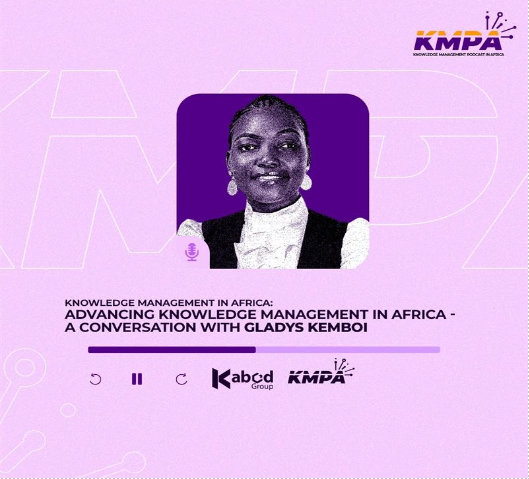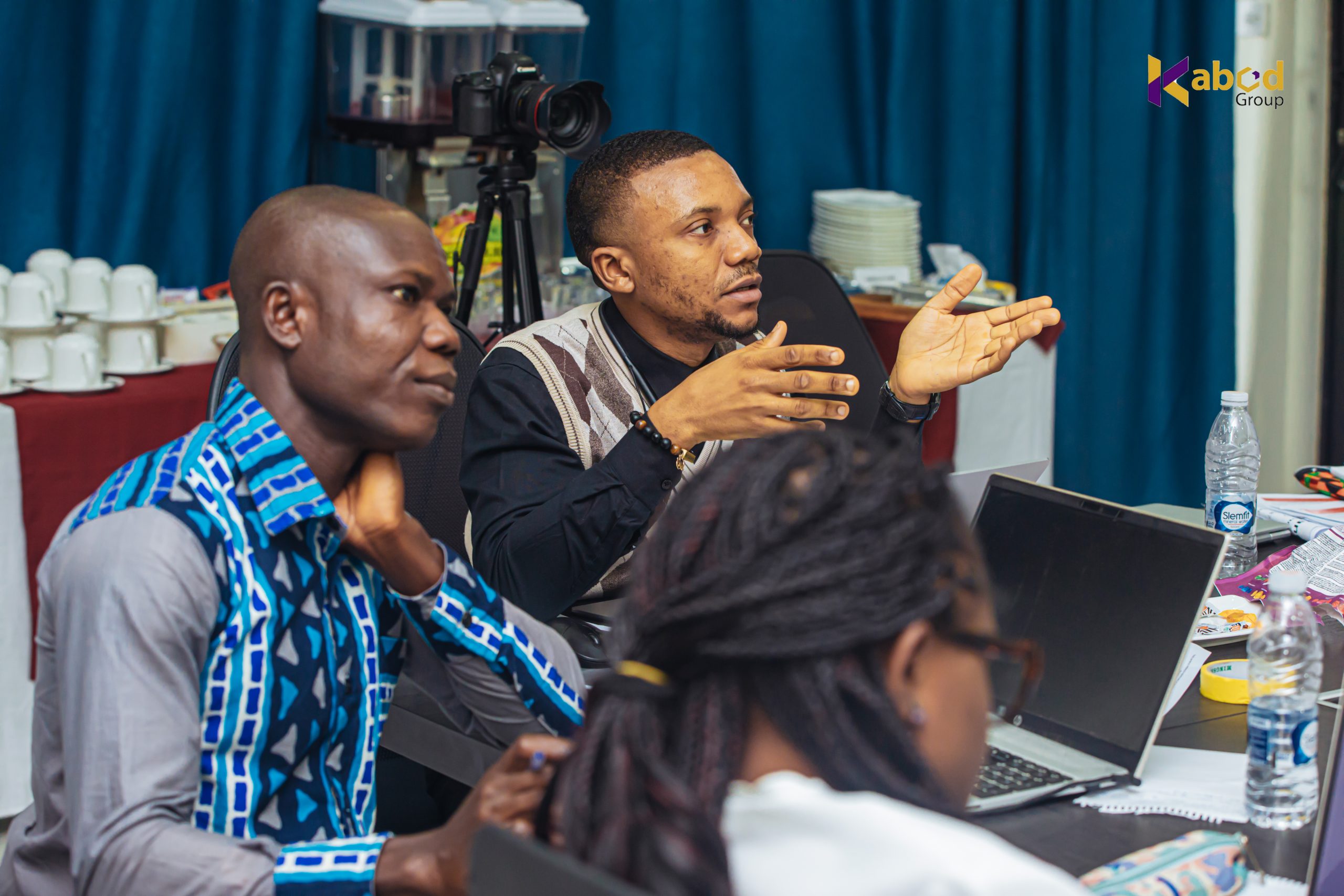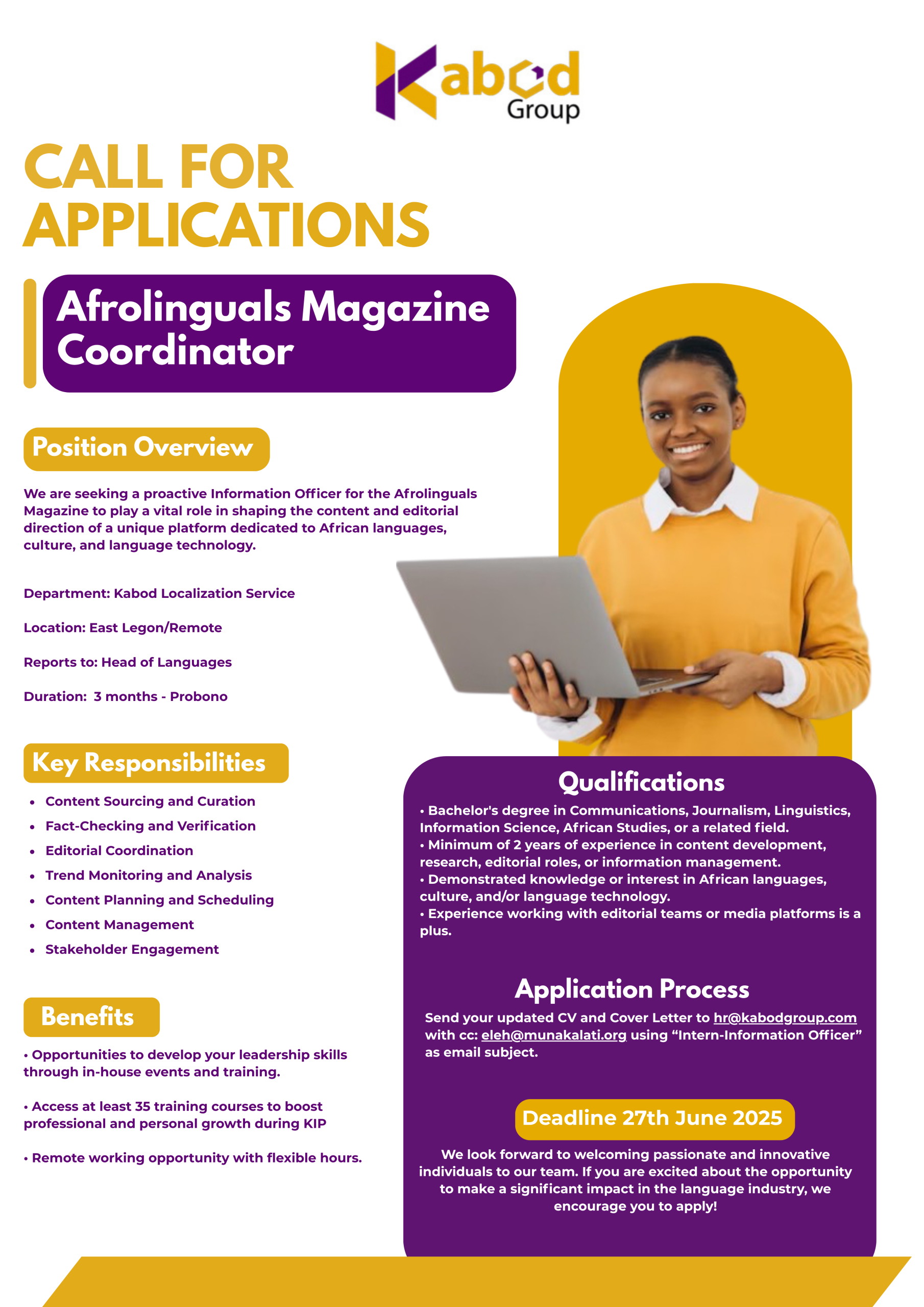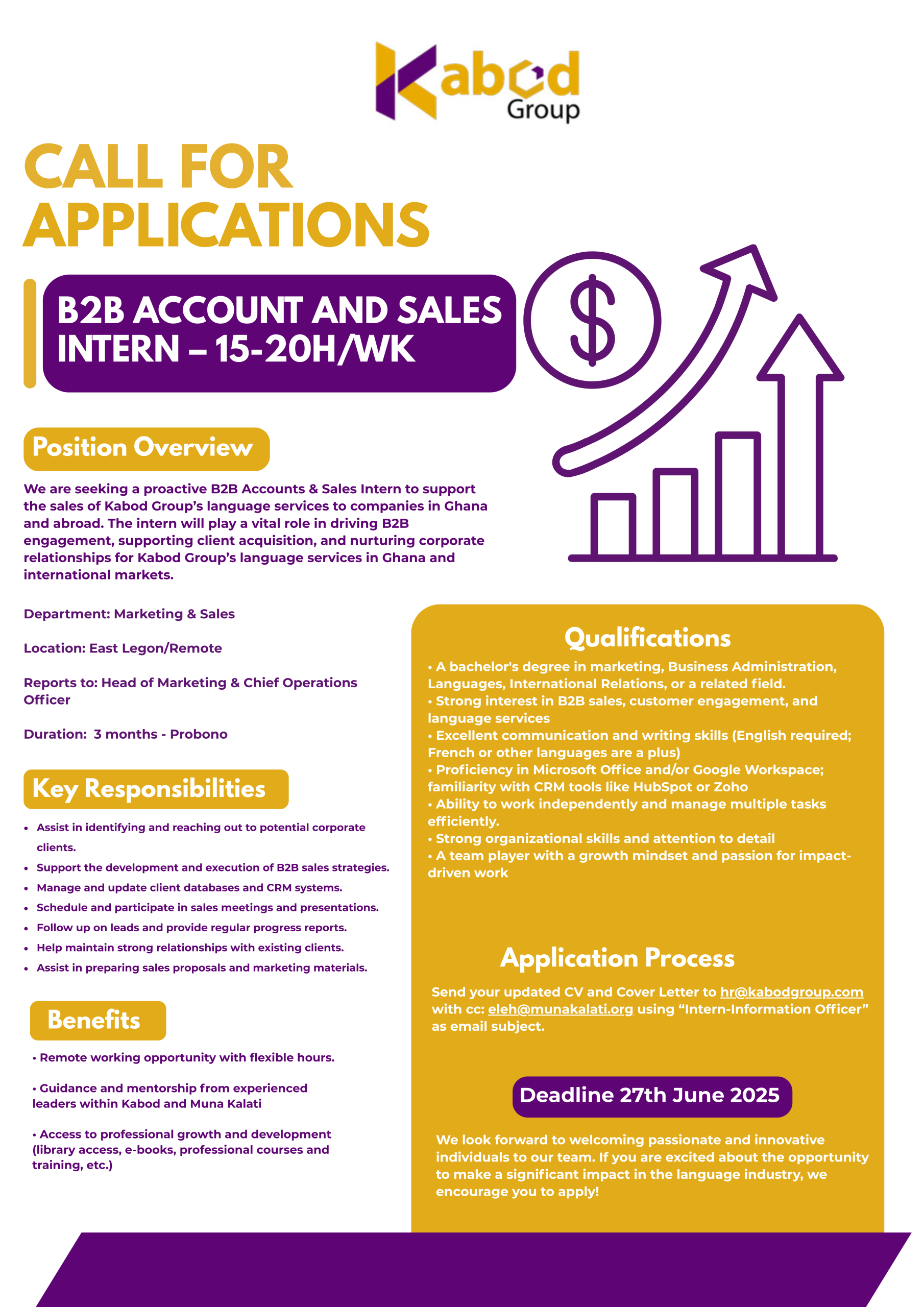For too long, development efforts in Africa have struggled to sustain impact due to a lack of coordination and information sharing. However, knowledge management may hold the key to driving truly transformational community-led growth across the continent.
In a recent conversation with Gladys Kemboi, a renowned knowledge management (KM) practitioner based in Kenya, the profound impact of KM on the development sector in Africa was brought to the forefront. Gladys, a KM specialist with a background spanning both corporate and development sectors, shared insights into the transformative power of KM and its potential to reshape the landscape of sustainable development across the continent.
In a recent conversation with Gladys Kemboi, a renowned knowledge management (KM) practitioner based in Kenya, the profound impact of KM on the development sector in Africa was brought to the forefront.

Gladys, a KM specialist with a background spanning both corporate and development sectors, shared insights into the transformative power of KM and its potential to reshape the landscape of sustainable development across the continent.
Gladys began by highlighting her involvement in implementing the Global Coalition Knowledge Management strategy with the United Nations Development Programme. Her dedication extends beyond institutional boundaries, as she spearheads a mentorship program that has positively impacted over a hundred students pursuing master’s in information and knowledge management across Africa, Europe, and America. Her commitment to the community development is evident through the introduction of a KM program in collaboration with local community elders, aimed at preserving and sharing indigenous knowledge. The insights garnered from this initiative now contribute to global solutions for challenges like climate change.
The crux of Gladys’s work lies in her emphasis on community and collaboration. Her contributions extend to Knowledge Management for the development of community of practices, where she actively engages in knowledge-sharing endeavours. This involvement has earned her recognition, including being awarded the title of the most influential KM ambassador by her university.
KM4DEV: A Global Platform for Local Solutions
Gladys underlined the value of free KM platforms like KM4DEV, where a global community shares knowledge and experiences. Her journey with KM4Dev has not only enriched her professional life but has also empowered her to provide solutions at both national and community levels. The recognition and accolades she received underscore the impact of such global collaborations on driving positive change.
When questioned about the availability of KM training opportunities in Africa, Gladys acknowledged the initial scarcity but noted a positive shift with programs like “KM4Dev Young Leaders Forum.” These initiatives play a crucial role in addressing the equity and access challenges faced by many aspiring KM professionals who couldn’t afford to join professional networks.
Challenges and Solutions in Knowledge Management
Gladys discussed the multifaceted challenges associated with knowledge management. She stressed that KM is not confined to a single department but is a cross-cutting function impacting the entire organization. Leadership commitment, dedicated resources, and acknowledgement of KM as a distinct project were identified as essential prerequisites. The challenges of coordinating across diverse time zones and cultures were also highlighted, with Gladys advocating for a dialogue with HR to ensure the retention of knowledge within organizations.
Opportunities and Practical Insights
The conversation also touched upon the opportunities in knowledge management. Gladys emphasized that KM is not merely a high-salary profession but a field that addresses societal and corporate challenges. When asked about platforms for KM professionals in Africa, Gladys mentioned Knowledge Management for Development (KM4Dev), the Global Health Knowledge Collaborative, and the Real Knowledge Management Magazine as valuable networks. The conversation also touched on KM’s success in Ghana, with Gladys discussing its tangible outcomes in terms of increased growth, innovation, and improved well-being within organizations.
Conclusion
In closing, Christian Elongué and Gladys expressed a mutual interest in collaborating to further support knowledge management in Africa. The idea of creating a fellowship for KM practitioners was proposed, underscoring the commitment to strengthening partnerships and fostering innovation in the realm of knowledge management across the continent.
As Africa strives for sustainable development, the insights gleaned from Gladys Kemboi’s experiences signal that Knowledge Management could indeed be the missing piece in the puzzle, propelling the continent towards a future marked by innovation, collaboration, and informed decision-making.
Link to the full conversation: https://podcasters.spotify.com/pod/show/kabod-group/episodes/KMPA-2-Knowledge-Management-In-Africa-Advancing-Knowledge-Management-in-Africa—A-Conversation-with-Gladys-Kemboi-e2d9sji
Written by Prince Teye-Gaga



